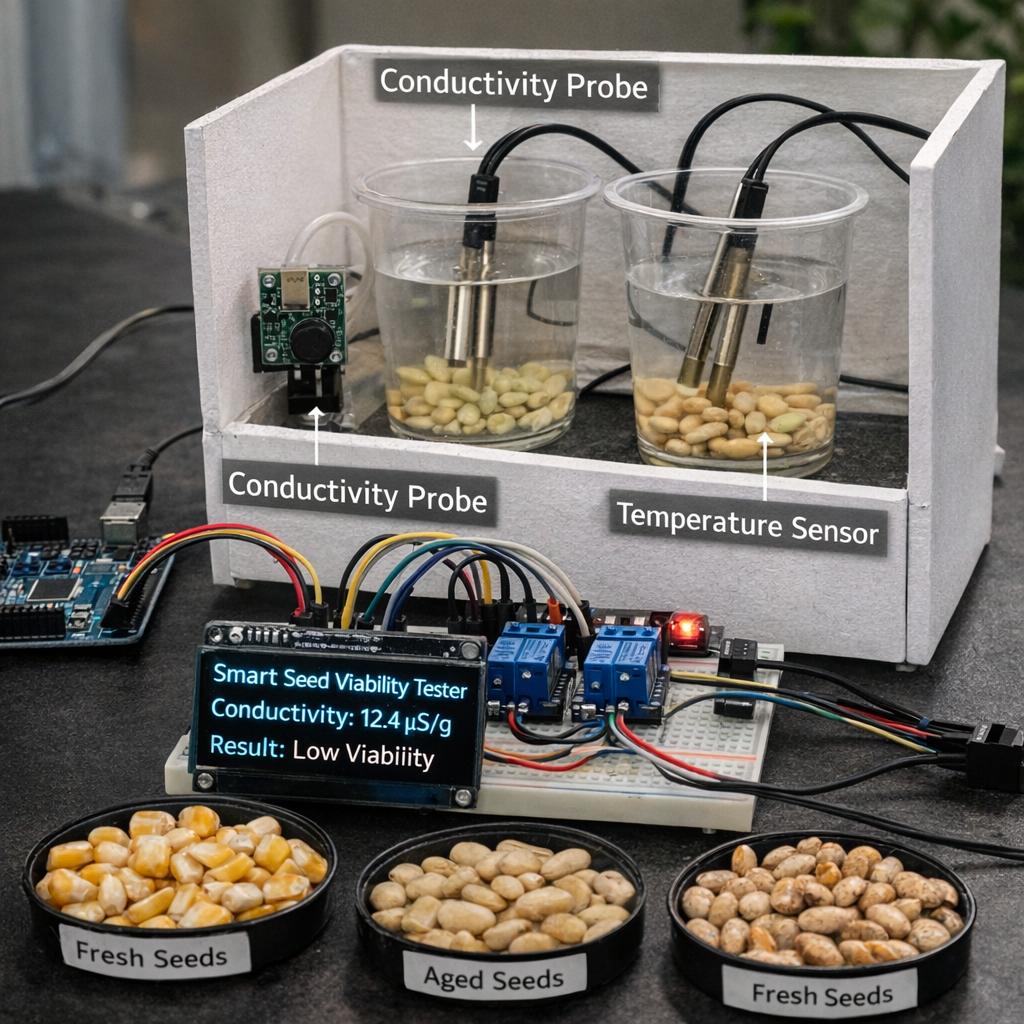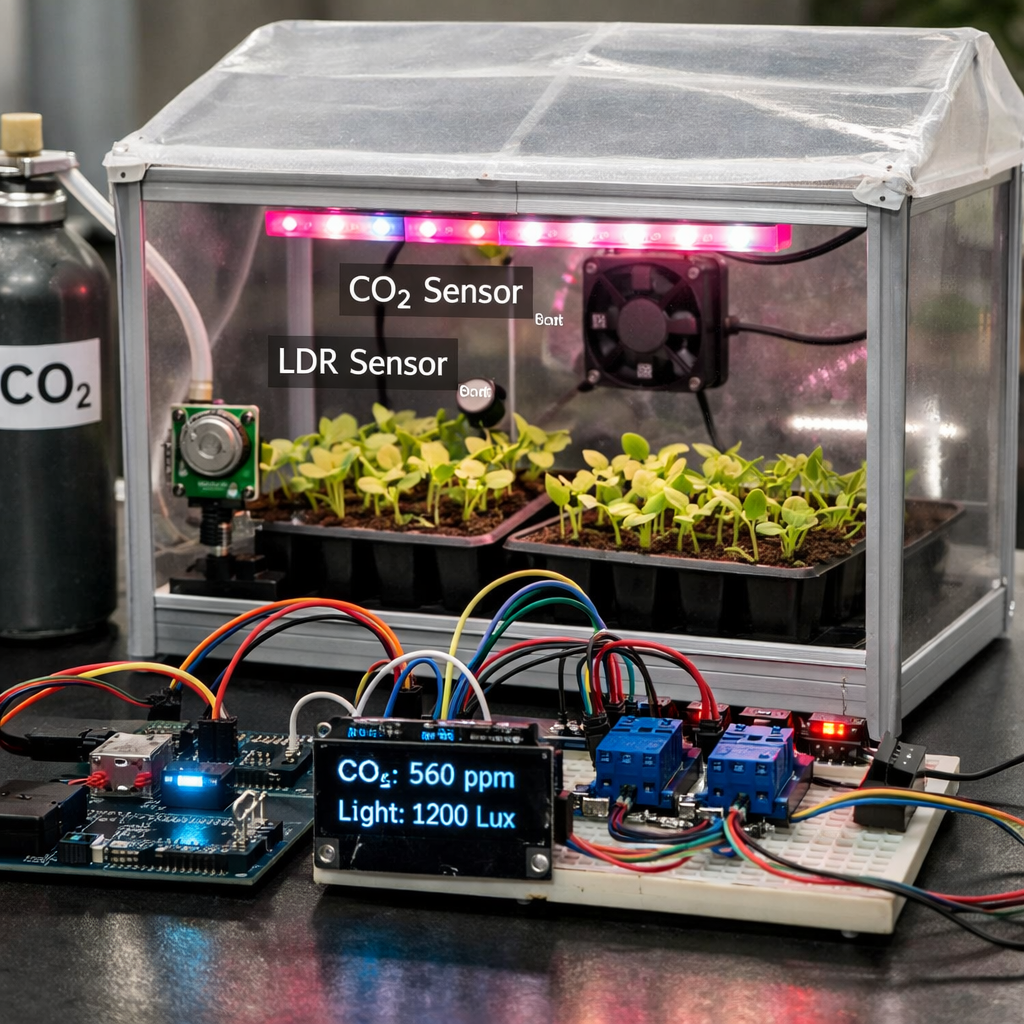
CHAPTER 1: BACKGROUND INFORMATION
1:1 INTRODUCTION
Aromatherapy is a holistic healing treatment that uses natural plant extracts to promote health and well-being. Essential oils derived from plants have been widely studied for their therapeutic effects, including stress relief and relaxation. The Dragon Plant (Dracaena) is an ornamental plant known for its air-purifying properties, but its potential use in aromatherapy remains largely unexplored.
Dragon Plant contains bioactive compounds that may have calming effects when used in essential oil form. This project aims to evaluate the effectiveness of Dragon Plant in reducing stress and enhancing relaxation through aromatherapy.
1:2 STATEMENT OF THE PROBLEM
Many people suffer from stress and anxiety due to demanding lifestyles. While traditional essential oils such as lavender and chamomile are commonly used for relaxation, there is limited research on alternative plant-based solutions. The Dragon Plant is widely available and easy to cultivate, making it a potential source for natural stress relief. However, its effectiveness in aromatherapy is not well-documented.
This project seeks to extract essential oils from Dragon Plant, analyze its composition, and assess its effects on stress reduction in comparison to conventional essential oils.
1:3 STATEMENT OF THE ORIGINALITY
The idea for this project originated from a growing interest in exploring alternative natural remedies for stress management. While the Dragon Plant is commonly known for its decorative and air-purifying properties, its role in aromatherapy remains largely unexplored. Through this research, we aim to establish scientific evidence for its potential use in relaxation therapy.
1:4 RESEARCH QUESTIONS
- What are the key bioactive compounds present in Dragon Plant essential oil?
- How effective is Dragon Plant essential oil in reducing stress and enhancing relaxation?
- How does the effectiveness of Dragon Plant compare to other common essential oils used in aromatherapy?
1:5 HYPOTHESIS
The Dragon Plant contains bioactive compounds with potential stress-relieving properties. If its essential oil is used in aromatherapy, it may have a significant calming effect, similar to or better than commonly used essential oils like lavender.
1:6 OBJECTIVES
By the end of the project, we aim to:
- Extract and analyze the chemical composition of Dragon Plant essential oil.
- Evaluate its effects on relaxation and stress reduction.
- Compare its effectiveness to other well-known essential oils used in aromatherapy.
1:7 RELEVANCE
This study is relevant to the field of natural medicine and holistic therapy. By exploring the therapeutic potential of the Dragon Plant, we contribute to the development of alternative stress-relief solutions. Additionally, it could provide a new commercial opportunity for the essential oil industry.
1:8 LIMITATIONS
- The availability of Dragon Plant essential oil is limited, requiring extensive extraction.
- The effects may vary among individuals due to differences in scent perception and physiological response.
- Limited prior research on the subject means the findings may require further validation.
CHAPTER 2: LITERATURE REVIEW
2:1 WORK DONE IN THE PAST
Aromatherapy has been extensively studied for its benefits in reducing stress, improving sleep quality, and enhancing mood. Essential oils such as lavender, peppermint, and eucalyptus have been found to contain bioactive compounds with therapeutic effects. However, there has been minimal research on the use of Dragon Plant essential oil in aromatherapy.
2:2 RELEVANT RESEARCH DONE AND GAPS STILL EXISTING
Research on plant-based essential oils has focused primarily on commonly used plants. The Dragon Plant has been studied mainly for its air-purifying capabilities, with little exploration into its potential for aromatherapy. This project aims to fill this gap by identifying the stress-relieving properties of Dragon Plant essential oil.
2:3 SCIENTIFIC PRINCIPLES APPLIED
- Phytochemistry: Identifying the bioactive compounds in Dragon Plant essential oil.
- Aromatherapy: Studying the effects of inhaling Dragon Plant essential oil on stress and relaxation.
- Psychophysiology: Measuring stress indicators such as heart rate, blood pressure, and cortisol levels in participants exposed to the oil.
2:4 IMPORTANCE OF THE RESEARCH
This project has potential applications in natural medicine, mental health, and the essential oil industry. If proven effective, Dragon Plant essential oil could be a new alternative for stress relief, benefiting individuals seeking natural wellness solutions.
CHAPTER 3: METHODOLOGY
3:1 APPARATUS
- Dragon Plant leaves
- Steam distillation apparatus
- Gas Chromatography-Mass Spectrometry (GC-MS) for chemical analysis
- Essential oil diffuser
- Stress measurement tools (heart rate monitor, blood pressure monitor, cortisol test kits)
- Questionnaire for participants
3:2 PROCEDURE
- Extraction of Essential Oil
- Collect fresh Dragon Plant leaves.
- Use steam distillation to extract the essential oil.
- Store the extracted oil in an airtight container.
- Chemical Analysis
- Use GC-MS to determine the chemical composition of the essential oil.
- Human Trial Study
- Select 50 participants experiencing stress.
- Divide them into two groups: one using Dragon Plant essential oil and the other using lavender oil.
- Expose each group to their respective oils through diffusers for 20 minutes.
- Measure stress indicators before and after exposure.
- Collect subjective feedback from participants.
- Data Collection and Analysis
- Record changes in stress levels.
- Compare the effectiveness of Dragon Plant oil with lavender oil.
CHAPTER 4: DATA AND DATA ANALYSIS
4:1 DATA COLLECTION
- Quantitative data: Changes in heart rate, blood pressure, and cortisol levels.
- Qualitative data: Participant responses on relaxation and stress relief.
4:2 DATA ANALYSIS
- Statistical comparison of stress indicators before and after aromatherapy.
- Thematic analysis of participant feedback.
- Comparison of Dragon Plant essential oil effectiveness against lavender oil.
4:3 DISCUSSION OF DATA
- Interpretation of results to determine if Dragon Plant essential oil significantly reduces stress.
- Comparison with previous studies on other essential oils.
CHAPTER 5: CONCLUSION AND RECOMMENDATION
5:1 CONCLUSION
Based on the data collected, Dragon Plant essential oil has potential benefits for relaxation and stress relief. If proven effective, it can be introduced as an alternative aromatherapy solution.
5:2 RECOMMENDATIONS
- Further studies should be conducted with a larger sample size.
- Commercial production of Dragon Plant essential oil should be explored.
- Awareness should be created about the potential of Dragon Plant in aromatherapy.





